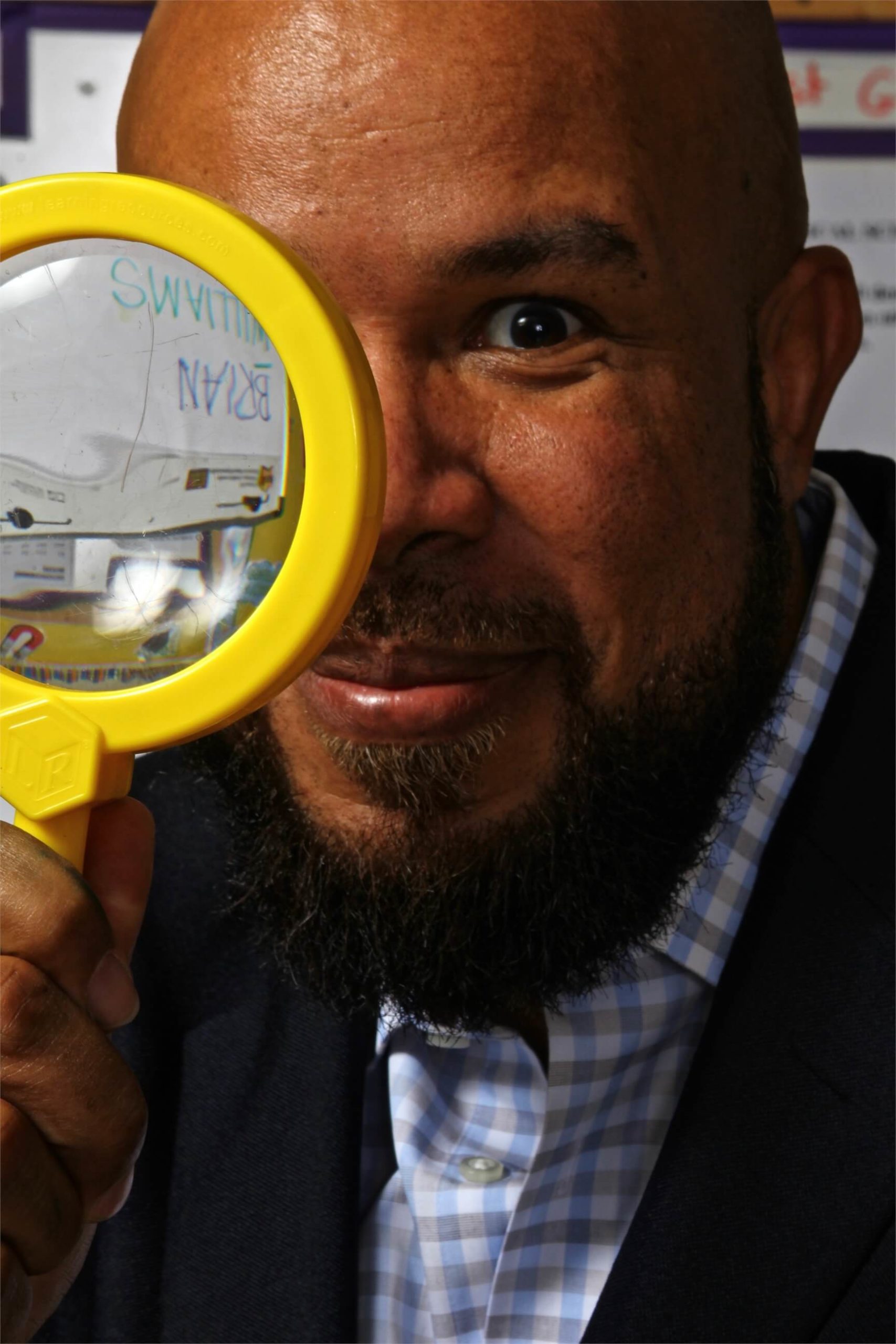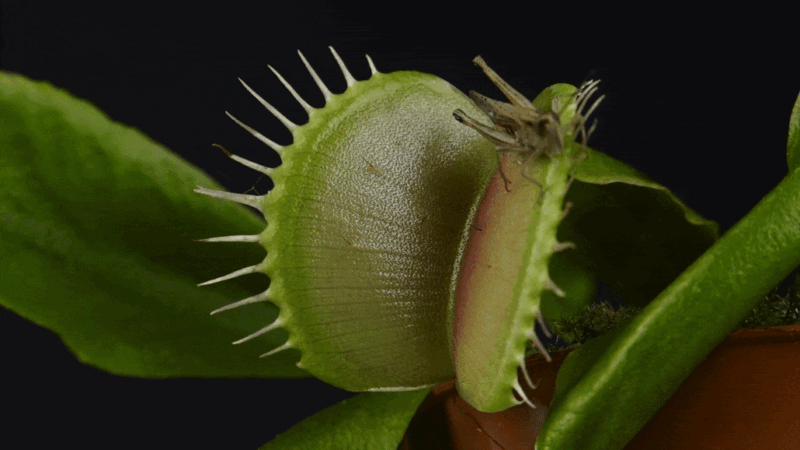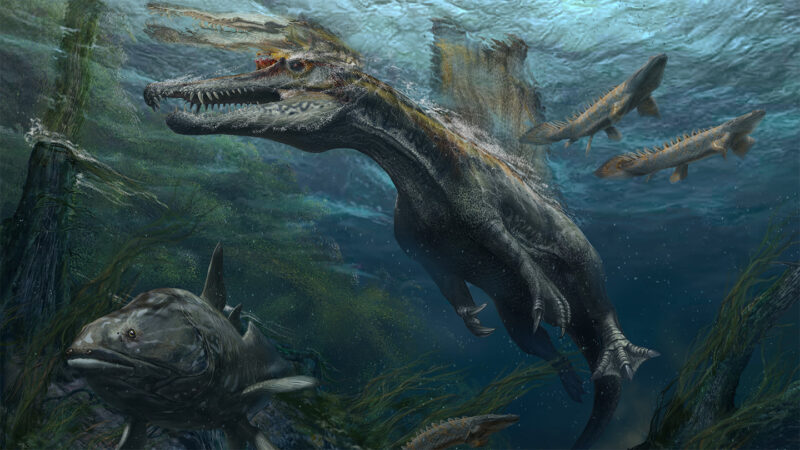Science News
Micro-sparks between water droplets may have started life on Earth
In the beginning, Earth was a hot and lonely planet. It also lacked water. Then, after hundreds of millions of years, the planet cooled, oceans formed — and life emerged.…
Mars’ rust suggests it was once wet — and its seas frigid
A beach day on early Mars would not have been a pleasant getaway. A new look at the Red Planet has turned up a possible ancient coastline in its northern…
Let’s learn about plant movement
We may not often see it, but all plants are on the move. Plants move in slow motion as they grow. Their roots sense gravity to stretch down into soil.…
Some iguanas may have rafted across the Pacific 30 million years ago
Scaly sailors appear to have made a record-setting ocean voyage. Tens of millions of years ago, iguanas in North America crossed the Pacific Ocean. Clinging to plants washed out the…
Scientists Say: Lepton
Lepton (noun, “LEP-tawn”) A lepton is a type of elementary particle. An elementary particle is one that scientists believe is not made of anything smaller. Besides leptons, these include quarks…
How can we predict extreme winter weather?
Abstract Some winter days are so cold and snowy that you feel like you are living at the North Pole. But what causes the weather to be so cold? Freezing…
Meet one of the ‘world’s most interesting’ mathematicians
Maybe you’ve heard of the TV show The Great British Bake Off. Its contestants take part in baking challenges in hopes of being named champion. But have you heard of…
Could Spinosaurus swim? That would make it a game changer
Scene: A patrol boat cruises through the water, just off a Caribbean island. Cue the pounding drums — a movie-trailer signal that danger approaches. Enter Spinosaurus. Three large, spiny sails…
What is the link between screen time and ADHD?
Abstract Teens use screens a lot. They play games, watch videos, and scroll social media. We wanted to find out if this affects their brains. We studied teens for five…
ADHD symptoms may boost teens’ risk of vaping or smoking
An estimated one in every 10 U.S. kids has ADHD. That’s short for attention-deficit/hyperactivity disorder. Those with multiple ADHD symptoms are more likely than others to vape, smoke or use…

Get to Know
Brian Williams
recent post
follow us
QUICK LINK
GET INTOUCH
- randy.patel@mail.com
-
LA-Studio
2231 Redbud Drive
Whitestone, NY 11357
Copyright 2022 by LA-Studio
Supported by


















